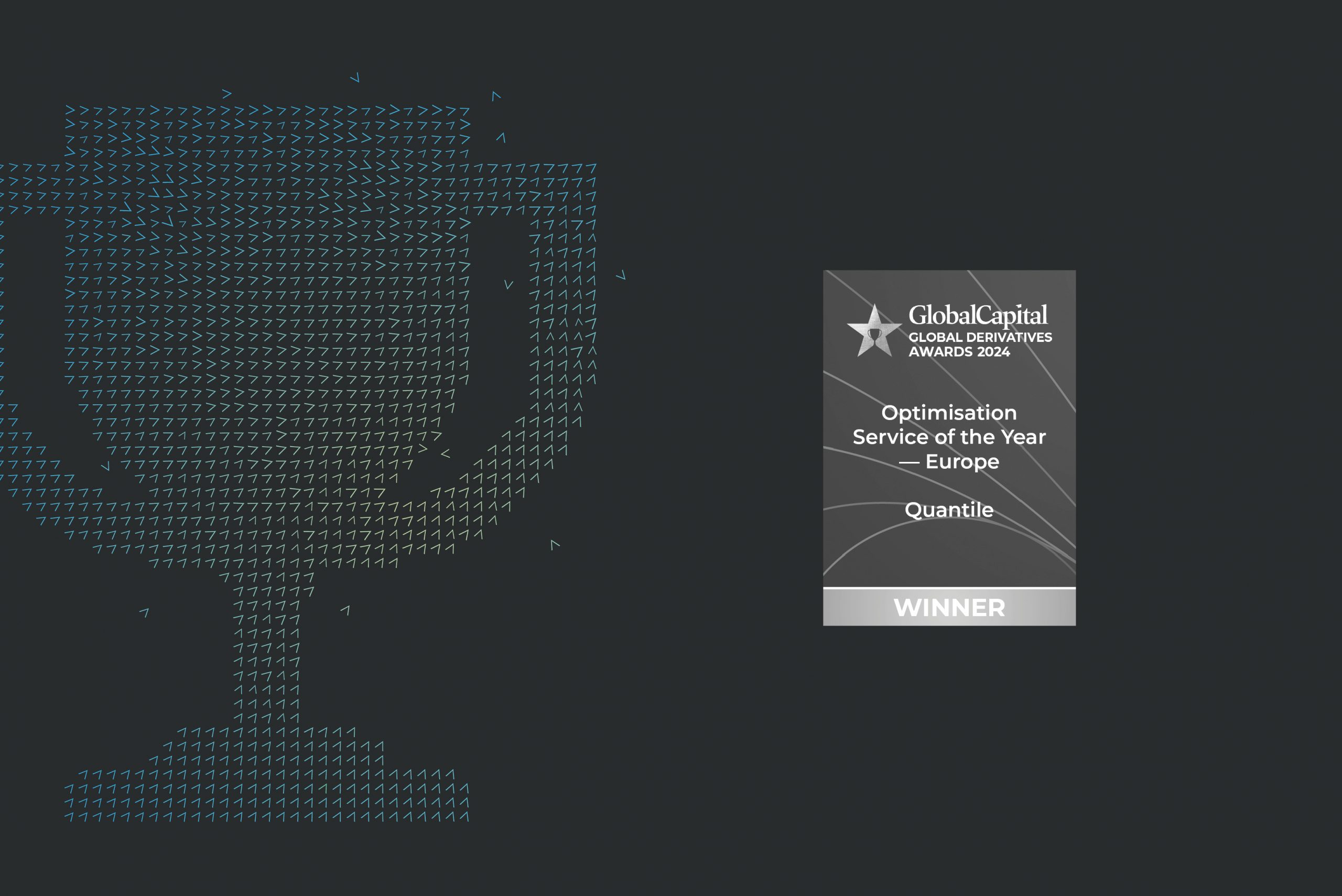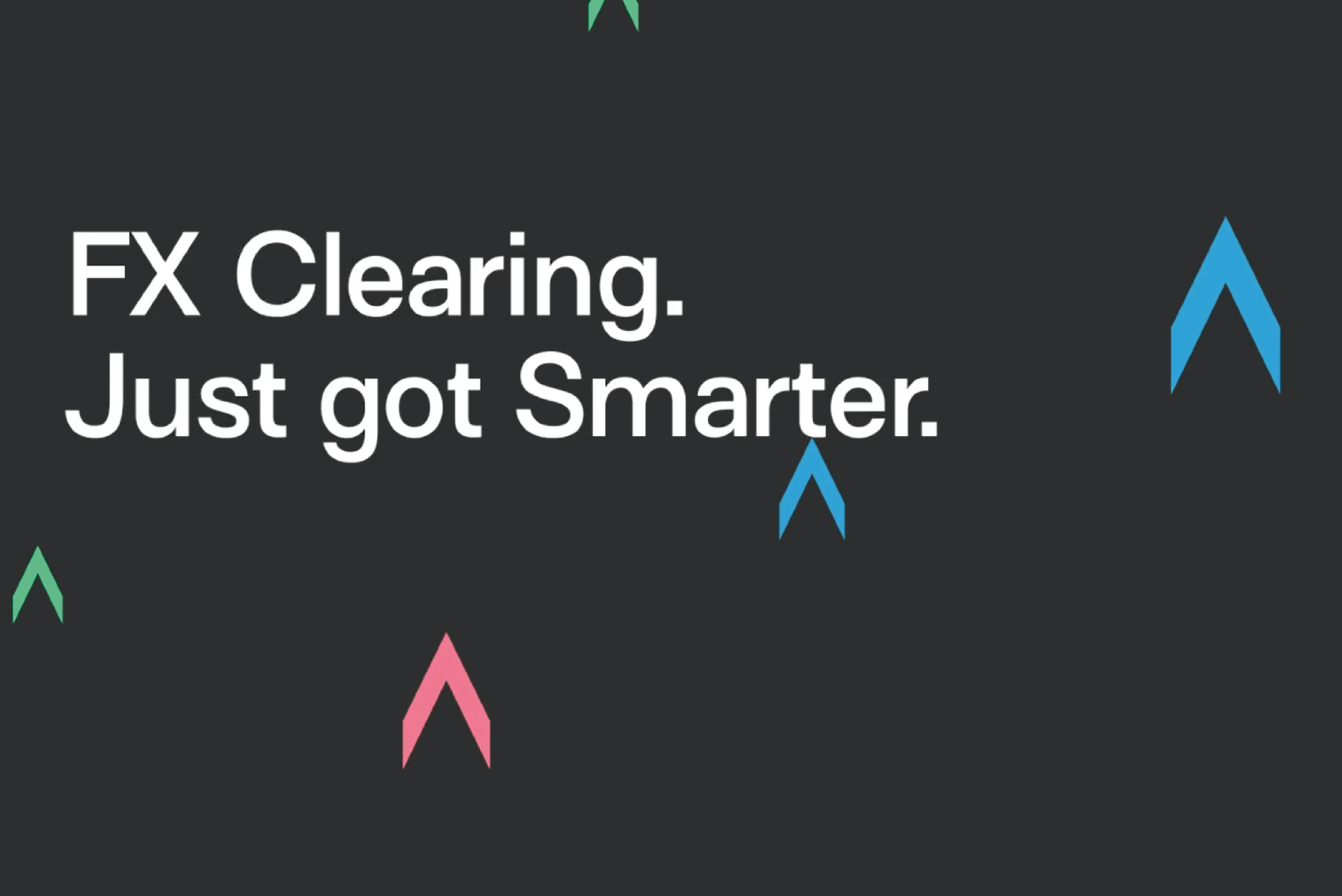Employee Spotlight: Engineering at Quantile

Liam, please tell us about your background, and how this led you to join Quantile?
As a quantum algebraist I spent many years researching the underlying mathematical principles of a quantum theory of general relativity. This involved, but was not limited to; abstract algebra, non-commutative and Riemannian geometry, category theory, differential equations, quantum mechanics and gravitational physics. It culminated in a PhD in pure mathematics and the publication of a handful of research articles.
I then embarked on a new challenge of solving problems in a more applied field: finance. As a quantitative analyst, I have dedicated the last couple of years to understanding the fixed-income derivatives market. A subset of this task involves pricing, modelling, risk management, data validation/valuation and market analytics, optimisation (linear, mixed integer and multi-objective) and compression/streamlining of swap portfolios for some of the world’s leading banks. Because of this new direction of study, I have also adapted to relying on code-based approaches, with experience in quantitative development across many different languages and OS. I am particularly interested in Python, C++ and Linux.
As someone with a PhD in pure mathematics, what drew you to the finance sector?
I wanted to remain in an intellectually stimulating and challenging profession but one more tangible and connected to real world problems. As interesting and as beautiful as pure mathematics research was, I wanted to move into a more fast paced field in both its day-to-day approach and with respect to the yielding of results. Quantile’s position in the financial sector felt the perfect place for this. It’s a company which puts high level mathematical problem solving to use, to solve optimisation problems for some of the largest banks in the world, as well as coming up with new ways to help manage client’s risk and streamline their swap portfolios.
I’m also a firm believer in constantly pushing myself to learn new things and the financial world is one which is continuously evolving. The very nature of the ever-changing financial markets means that reliance on programming and algorithmic approaches is a necessity and something I have never done before, having only ever solved issues that required a pen and paper.
What does a typical day look like for you?
A typical day for me will be split into different areas. Most of my time is spent on research and development whereby I will be coding up solutions to issues we have faced, as well as improving our current methods. This can range from speeding up an existing script, writing brand new functionality or helping start a whole new project. As part of the analytics team, I’ll also dedicate some time to monitoring the performance of some of Quantile’s services and discovering ways in which to improve them.
Another key part of my day will be spent helping the team to execute the services we’ve built for our clients. This involves solving problems faced by the team live, as and when they happen, helping ensure things run smoothly and efficiently. Finally, a portion of my day is spent meeting with team members and collaborating with people across the company. This can be on Zoom with the New York team or having a coffee and getting on the whiteboard in one of the London boardrooms.
What interests you most about the work?
My main interest in the work is both the speed and diversity of interesting problems that arise. In finance you must be flexible and agile in the way that you approach your work, which is something I feel I thrive in. Each day poses a different set of challenges which I find a very rewarding and exciting setting to submerge yourself in, and one that Quantile encourages. They do this by giving employees the freedom to pursue topics that suit our skill set and interests. On top of this, I thoroughly enjoy the collaborative nature at Quantile. Being able to pick the brains of fellow mathematicians and people with lots of experience in their field allows for a very fruitful environment.
As an internship line manager, what does an internship on your team look like?
At Quantile, interns will be exposed to some of the industry’s brightest minds and have the opportunity to make a meaningful contribution via our inclusive and flat organisational structure. Tasks to engage their quantitative skills include:
- Development of new well-posed optimisation models that solve multilateral problems in finance, such as interest rate compression.
- Improvement of the speed of Quantile’s algorithms, by tailoring our approach to take advantage of properties specific to our models.
- Implementation of improvements to our optimisation programs and creating new tools (such as error correction algorithms).
- Analysing financial data provided by the banks, both for data quality, and for improving optimisation outcomes.
A mathematics intern will contribute to both the theoretical and practical sides of these projects, by taking part in research and code development.
What key skills will the intern be able to develop whilst working at Quantile?
An internship at Quantile will provide:
- A crash course in modern finance knowledge, such as interest rate valuation, curve construction and risk management.
- Practical experience of developing optimisation algorithms, programming in Python and Gurobi.
- The opportunity to take part in a dynamic research group of an innovative and agile company.
- How to solve real world problems and bridge the gap between theory and reality.
- How to become an efficient quantitative developer.
- The opportunity to take part on a live production run to gain experience in working with strat and business colleagues to make intelligent decisions under pressure.
Is there anything else you would want an internship applicant to know?
We would like an intern to come away from Quantile with a strong grasp of expressing optimisation problems in code, experience of applying their mathematical ideas to developing new financial products and an introduction to the financial concepts underlying our work. So, if this sounds suited to your skills, please take a look at our open positions.
View Roles + Apply Today
Related Content

Quantile wins Optimisation Service of the Year for the fifth year running

Quantile voted Service Provider of the Year
